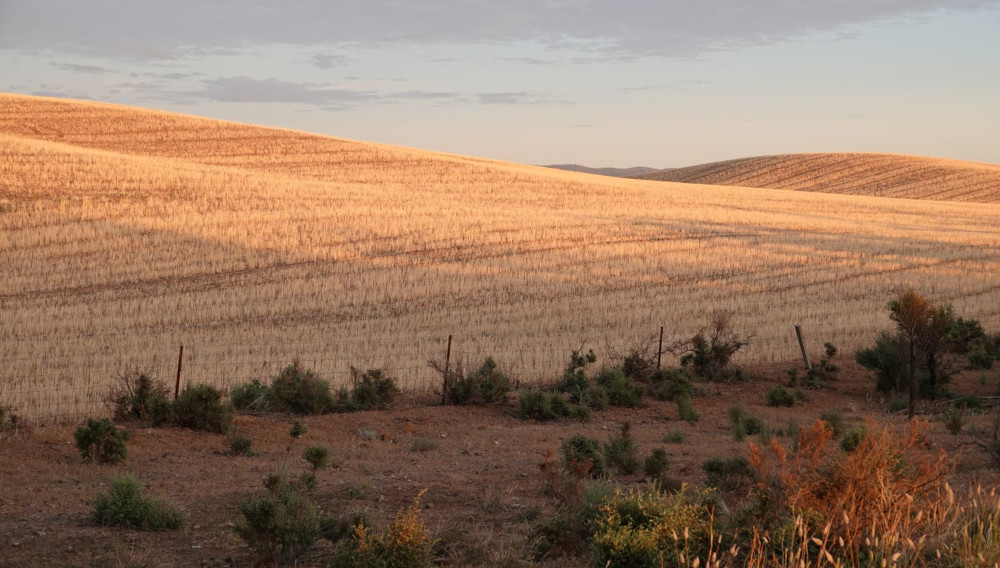China slaps punitive tariff on Australian barley
Australia | After China hit Australian barley exports with a tariff of up to 80 percent on 11 May 2020, the agriculture minister, David Littleproud, declared “there is no trade war”.
He denied that the tariff was linked to Australia’s push for an independent inquiry into the origins and handling of covid-19 that had found widespread international support. China is only willing to back a World Health Organisation (WHO) review, once the pandemic is over.
Simon Birmingham, Australia’s trade minister, said on 12 May he was “deeply disappointed” by Beijing’s decision to impose the duties, effective for five years.
Farmers are worried
Australian farmers fear the tariff could cripple an AUD 2 billion (USD 1.3 billion) a year industry. China alone used to cover half of Australia’s barley exports. The move came less than a week after China suspended imports of red meat from four Australian abattoirs, citing inspection and quarantine concerns.
China’s Ministry of Commerce confirmed on 11 May it would impose 73.6 percent anti-dumping and 6.9 percent anti-subsidy duties on Australian barley from 19 May, saying the imports had “materially damaged” its domestic industry.
The decision followed an 18-month Chinese investigation into claims by Beijing that Australia dumped barley into China, where it is used to make beer and to feed livestock.
For its part, Australia has threatened to appeal to the World Trade Organisation (WTO).
Don’t bite the hand that feeds you
Foreign policy experts predict more action from Beijing, and warn that news of the barley tariff will send a message to Chinese firms that Australia is not a “friendly” or reliable country to import from. This could impact the decision to buy Australian goods across several industries.
China is Australia’s major export market. Australia exports more to it than to its five next biggest markets combined. Its four largest exports to China are AUD 63 billion worth of iron ore, AUD 16 billion of natural gas, AUD 14 billion of coal plus AUD 12 billion spent by international students studying in Australia.
Australia’s income from educating Chinese students is bound to shrink rapidly as fewer people will venture abroad because of the pandemic.
The Economist newspaper points out that the huge scale of trade gives China ample opportunity to inflict further harm on Australia. This underlines Australia’s conundrum: it cannot treat China like an easy export market while airing political grievances.

